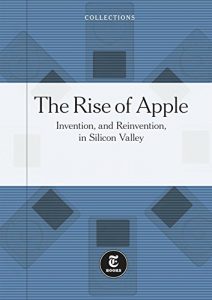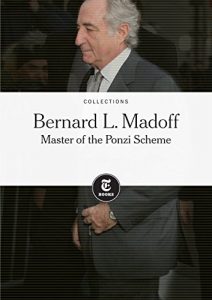When “Downton Abbey,” a costume drama about British aristocrats and their servants, premiered on PBS on Jan. 9, 2011, it was supposed to run as a short mini-series. But the audience response to this soap opera about the Crawley family was so overwhelming that its author, Julian Fellowes, wrote more episodes. “Downton” soon became a sensation, airing for six seasons, and was the most popular show in PBS history, attracting millions of viewers and winning 52 Emmy Awards. Set in the early 20th century amid class upheaval in Britain, the show focuses on the fading power of the aristocracy in a changing world. Filmed at a stately manor house in the English countryside, “Downton” features a rich cast of characters — upstairs and downstairs. Fans were equally enthralled by the turbulent love lives of chic, icy Lady Mary and poor, sad Lady Edith; the misfortunes of Anna the lady’s maid and Mr. Bates the valet; the fiscal transgressions of Lord Grantham; and the ill-fated schemes of Thomas the footman. And they were delighted by the acerbic barbs of the imperious Dowager Countess as well as the tender romance of Carson the butler and Mrs. Hughes the housekeeper. This TBook, a compilation of articles, reviews and interviews from The New York Times, chronicles how “Downton Abbey” became a TV phenomenon.













